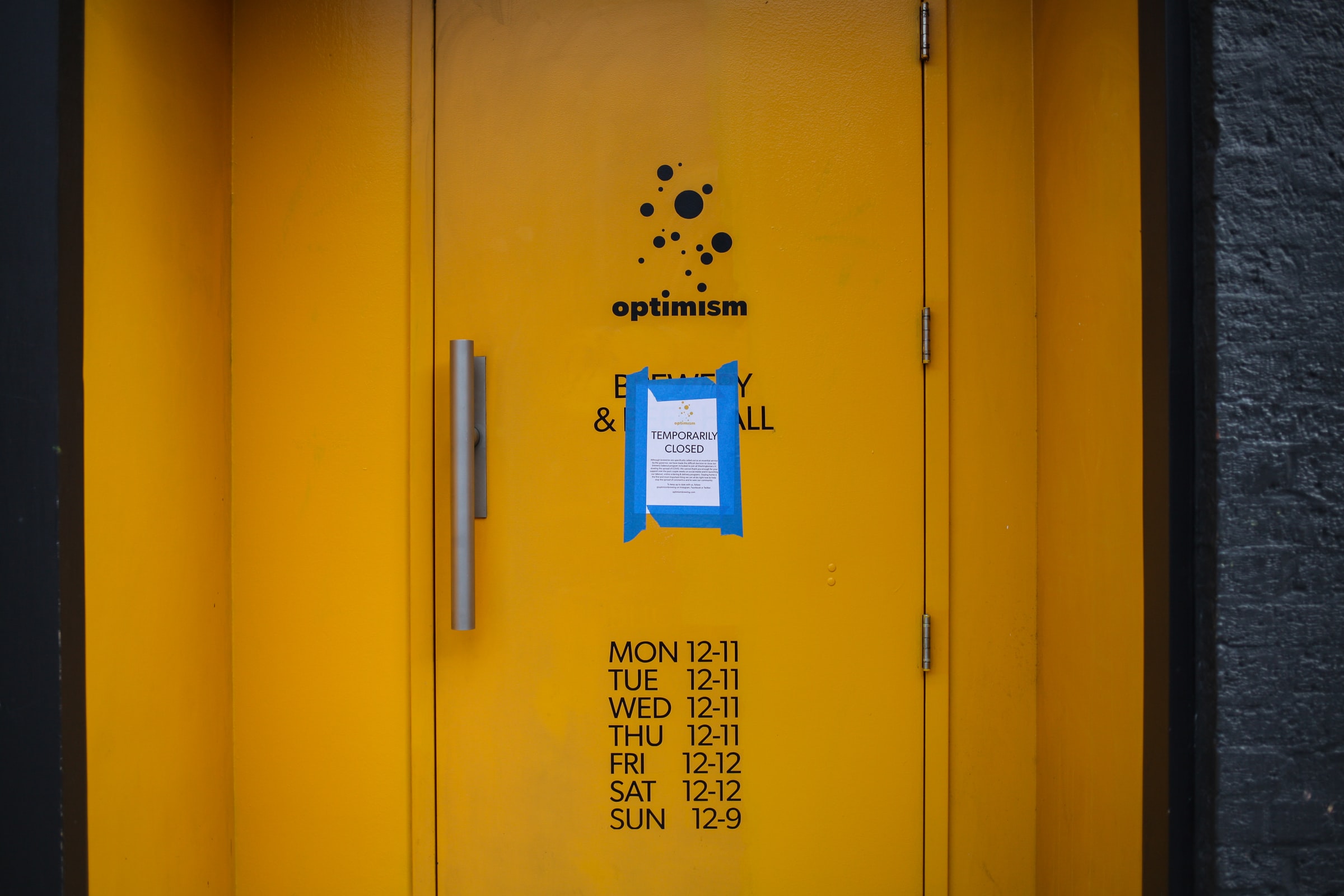
Story
2020: Year of Destiny
Though Americans in 2020 felt the weight every day of a global pandemic, in the end they endured. What was harder to appreciate at the time was the pandemic's long-lasting impact on American politics—and democracy itself.
Editor’s Note: How will 2020 go down in history? In the Hindsight 20/20 project from The Colorado Magazine, twenty of today's most insightful historians and thought leaders imagine themselves in 2120, looking back on 2020 and sharing their visions of how that year will stand the test of time.
The year 2020 opened with impressive, eye-catching news to launch a year of national elections. Economic rebound promised; economic rebound delivered. Border wall promised; border wall delivered. Impeachment promised; impeachment failed. Supreme Court rebuild promised; Supreme Court rebuild delivered. Energy independence promised; energy independence delivered. Ending wars promised; ending wars delivered. Reshaped international alliances promised; reshaped international alliances delivered.
What followed: Covid-19, months of often violent racial protests, increasingly violent instability in urban communities, labor force disruptions caused by pandemic lockdowns, an electoral defeat of a sitting president, and resurging Covid-19.
It should be easy to say what most decisively affected the course of events in 2020: Covid-19.
What is not so easy to say is why Covid-19 had such a dramatic effect. The temptation might be to say a panicky fear of death penetrated the entire society. That, however, would fail to address the cause of the panic, the resistance to reassurances that, while we experienced unavoidable losses, the disease would be defeated. After all, the general public’s compliance with recommended public health measures—though often inconsistent—did occur. A seemingly impossible promise of a vaccine turned out to be as reliable as a safe deposit box. Objectively, therefore, it would seem that fears would have been defused by moderate confidence in the future.

Businesses of all kinds were forced to close in great numbers to comply with Covid-19 safety protocols, resulting in loss of income for millions of Americans.
Nevertheless, fears were not sufficiently defused. In addition, an atmosphere of intense hatred cast a shadowy gloom over even such heartening news as the potential for Middle East peace to relieve multigenerational anxieties. To be sure, the growing disparity between the well-off—comfortably ensconced in Zoom-ready libraries—and the too-inessential poor locked out of school, work, and income contributed significantly to heightening the anxiety.
It is hard to resist the temptation to conclude that 2020 presented a tempting plum of opportunities to cultivate fear and anxiety in the face of a reassuring reality. The year will always be a reminder that character counts more than policy in directing public opinion and shaping national destiny.

The pandemic changed the way in which many Americans cast their votes in the 2020 elections.
Whatever the cause, the effect is clear: Nothing was more significant in 2020 than an election of historic proportions and dimensions. The 67-percent turnout defied reasonable behavioral expectations. Those who voted more than once (as some were assured they had done) figured in a drama that altered the destiny of the nation in ways yet to be comprehended. Even after Covid-19 was reduced in memory to the dimensions of runner-up to the 1918 Spanish flu pandemic, it remained the case that the election of 2020 figured in history as the greatest stress to the practice of American democracy ever experienced to that point.
More from the Hindsight 20/20 project in The Colorado Magazine
A Pivotal—and Long Overdue—Moment for Change The year 2020 was not unprecedented. Rather, it was a stark reminder that racism and classism had for too long gone unresolved. It was a time for action. The youth of 2020 went on to become the chroniclers of their era—and the leaders of the next generation of resistance to the inequities the pandemic had exposed.
Heard Immunity A music writer ponders the quaint habits of music fans of 2020, who, in their day, lamented the loss of such archaic practices as live concerts, in-person gatherings of any kind, and now-outdated technologies. But music itself lives on, as does a certain rock ’n’ roll guitarist.
A TikTok Pandemic Story In 2020, a generation of young people experiencing isolation and loneliness in the midst of a pandemic seized on a new platform called TikTok. This new generation of media creators transformed trauma into creativity and, ultimately, connection.
